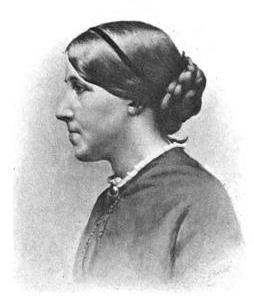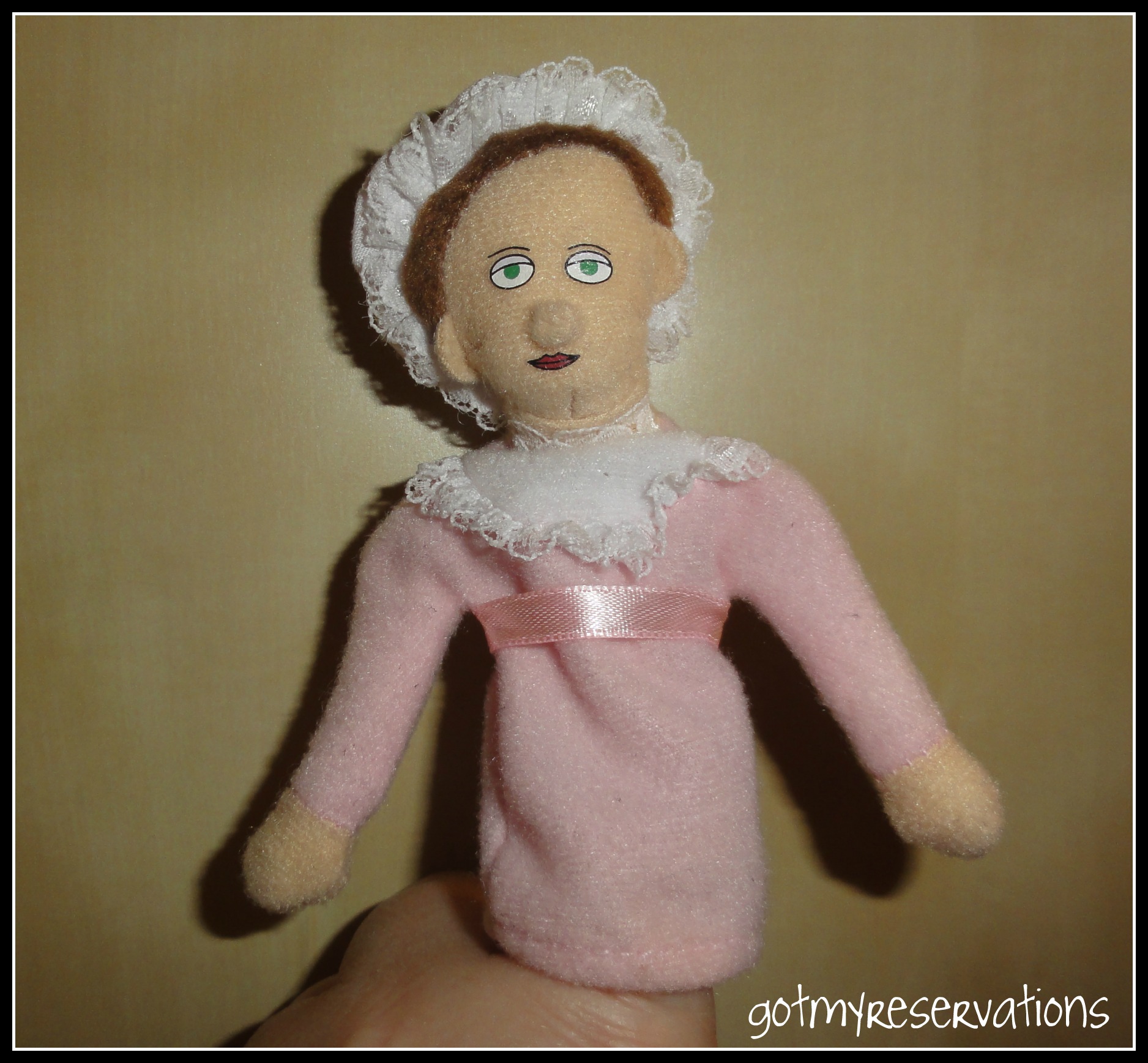Like all readers, I always have stacks of books laying on surfaces in my home and I’ve enjoyed writing about them on my blog. I keep a yearly tally on one of my blog pages (on the 2012 Book List tab) and link up my book reviews, so I hope you’ll take a look at what I’ve read and reviewed over the last few years.
Recently, I’ve been putting photos of the book covers on my sidebar when I start a new book. Let’s just say I have eclectic taste in what I read. There have been a few books that I’ve hidden from sight — I wasn’t prepared to tell the world everything I was reading. 🙂
So I’m going bare — here’s the full list of what I’m currently reading and may review, depending on how much I like (or hate) the book. It’s not embarrassing, thank goodness.
I always try to read the nominees for the Rebecca Caudill Award every year, which is an Illinois award conferred by student vote in grades four though eight. This year, the winner was Powerless. It’s a super-powers preteen-boys-book, but I’ve decided to read it anyway. I doubt I’ll review it…
My eighth graders read Warriors Don’t Cry as the centerpiece of their study of Civil Rights. It’s the story of the integration of Little Rock’s Central High School. I don’t think I actually read it again last year as my kids read it; it’s on my to-do list for the weekend. It’s a compelling story even as a reread.
I’m still working through An Old-Fashioned Girl on my Kindle — the Louisa Challenge seems to have stalled — and I’m looking forward to moving on to Little Men.
I just started The Immortal Life of Henrietta Lacks on audiobook during my commute. It’s our May book club choice and I already know it’s going to be thought-provoking.
It appears that the only thing that’s slightly embarrassing is the Sophie Kinsella entry, but I’m not uncomfortable with my choice on that one. I enjoy her books and so do a lot of other people!
I’ve been lucky to connect with great readers through blogging, so let me introduce you to places you can read fabulous book reviews.
Jenners at Life With Books reads and reads and reads — and writes book reviews about intriguing books. I have three books on reserve at the library based on her recommendations!
A blogger with a different take on books is Jillian at A Room of One’s Own. She’s on a mission to catch up! Her reviews are thoughtful and full of insight about the “classics.”
I’ve enjoyed the creativity of Michele at The Great Read. If you’re looking for books for yourself or for your kids, she’s got you covered — at your library.
I can’t do this post without linking up to my niece Jessie at Vanderbilt Wife. She got me started writing again and I owe her my sanity. As both a writer and a reader, she’s got interesting reviews and commentary on books for adults and kids.
So we’re done for today. As my favorite flawed literary heroine says, “Tomorrow is another day.” Scarlett didn’t read, but her fame lives on through the genius of Margaret Mitchell. I can’t wait to read this…

I’m linking up to Mama Kat again this week. Give my friends some comment love!

















